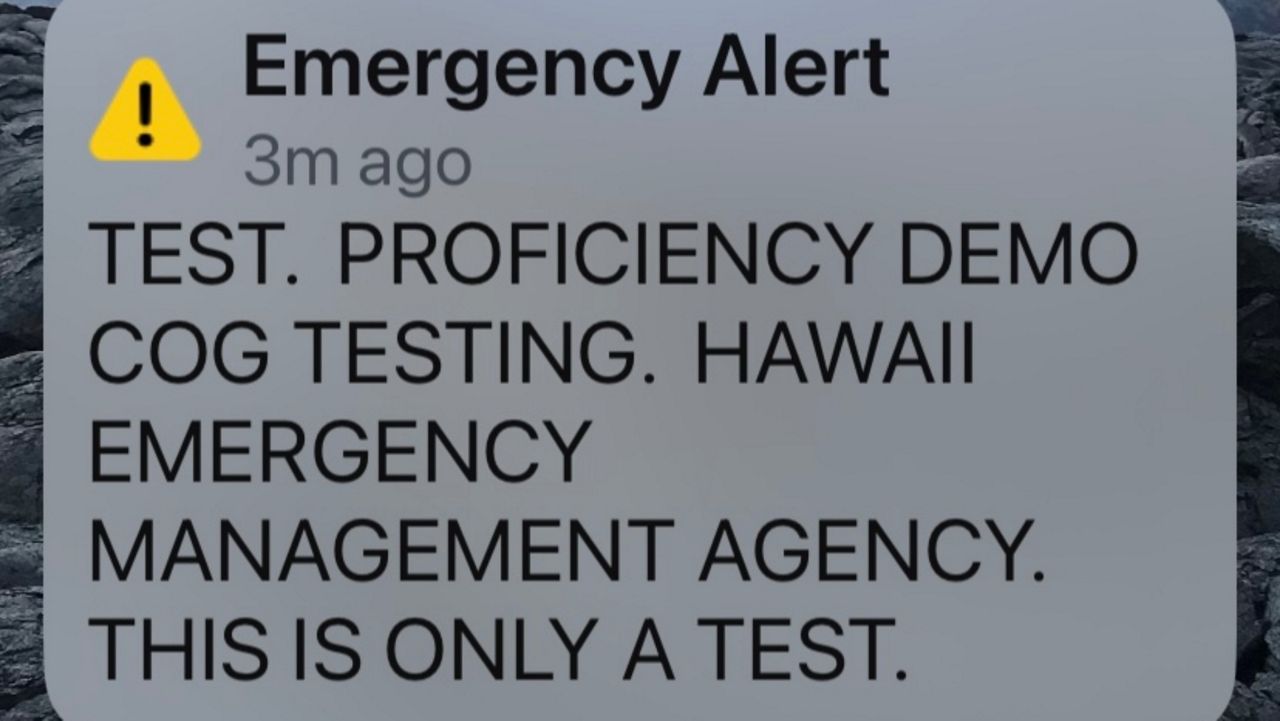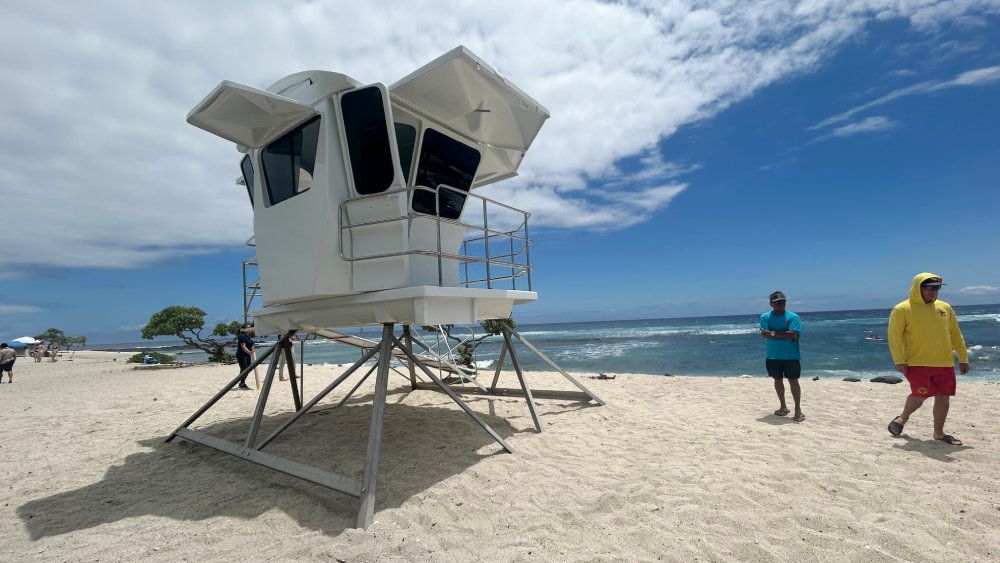HONOLULU — If the state Legislature does indeed pass House Bill 1861 (House Draft 2, Senate Draft 1) this session, Kauai resident Julian Ako may one day get his wish of never hearing the term “cow eye” except in relation to the occasional certain bovine ocular organ.
Like his grandmother before him, Ako, former principal of Kamehameha Schools Kapalama, has particular dislike for the popular but incorrect pronunciation of Kauai, an elision of what should be three syllables into two.
(Along with The Associated Press and other news outlets, Spectrum News’ national style guidelines currently do not include Hawaiian diacritical markings in most cases.)
Among other things, SB 1861 proposes to require new license plates to include an okina (glottal stop) between the I’s in Hawaii, a move in keeping with recent legislative action to incorporate olelo Hawaii and the use of Hawaiian diacritical markings in state offices, buildings and communications.
The Senate Committee on Ways and Means unanimously recommended the bill for passage on third reading at a hearing on Wednesday.
In written testimony is support of the bill, Ako recalled how his maternal grandmother, a native speaker of Hawaiian, grew up at a time when diacriticals were not typically used in written Hawaiian.
“It would have been considered superfluous because in reading the original Hawaiian Bible which had no okina or kahako [macron], grandma and her family members automatically knew what the proper pronunciation of the words was by their common practice,” Ako wrote. “However, it WOULD always ‘grate’ on grandma’s ears (and still does on mine) to hear people who didn’t know the Hawaiian language mispronounce the name of the island they lived on as “Cow Eye” (their version of Kauai with no okina).”
Like many Native Hawaiians of his generation who grew up during a time when Native Hawaiians were pressured to assimilate to western culture and olelo Hawaii was systemically suppressed, Ako said he was not taught Hawaiian at home. When he eventually studied the language in his late 40s at the University of Hawaii, he appreciated the inclusion of okina and kahako as part of modern Hawaiian orthography.
“In the state where the Hawaiian language now constitutionally holds a position equal to that of the English language, it is unconscionable that any agency or company would continue to permit Hawaiian words to be misspelled, in ignorance of the standards of the modern Hawaiian language,” he testified.
Numerous other Hawaiian language and culture experts voiced their support for the measure, including Aha Punana Leo co-founder and president Kauanoe Kamana, who noted that okina and kahako are meant to assist those who are not fluent in Hawaiian.
“We need to support increased interest in knowing and practicing the correct pronunciation of the Hawaiian language among all who live and visit Hawaii,” she testified.
Kamana said the measure builds on Act 170, which requires that all letterhead of the state and counties include consistent Hawaiian names, words and spelling and mandates that the governor, lieutenant governor, state legislators and heads of principal departments prominently display a Hawaiian translation of the name of their respective office or department at least once on the main page of their official website and in the letterhead of their stationery.
Hailama Farden, the recently named senior director of Hawaiian cultural affairs for the Office of Hawaiian Affairs, noted that the okina has been recognized as the 13th letter of the Hawaiian alphabet since 1978 and is “not merely a diacritical mark but a consonant integral to the structure of the language.”
“Despite being not needed by the eldest manaleo (native speakers), numbering approximately 16 (excluding the Niihau Community of manaleo, which could number 200 to 300), the okina holds significance across numerous Pacific Island nations today, with some formally incorporating it into their languages,” Farden wrote in testimony supporting the measure.
Farden, a former Hawaiian language teacher and past president of the Hawaiian language professional association Ahahui Olelo Hawaii, said okina and kahako aid in pronunciation and contextual understanding, especially when Hawaiian words are presented in isolation, which is helpful to the majority of Hawaii residents who do not speak Hawaiian.
UH Hilo Hawaiian language instructor William Wilson said the use of diacritical markings has helped support the growth of Hawaiian language in the state and heightened attention on a national and international level. He noted that UHH recently supported initiatives within the U.S. Department of the Interior to spell Hawaiian words and place names using okina and kahako.
“Such full spelling of Hawaiian words also draws attention to the uniqueness of Hawaii and has positive economic and other impacts, while also recognizing the distinctive roots of our state’s identity,” Wilson testified.
Michael Tsai covers local and state politics for Spectrum News Hawaii. He can be reached at michael.tsai@charter.com.








